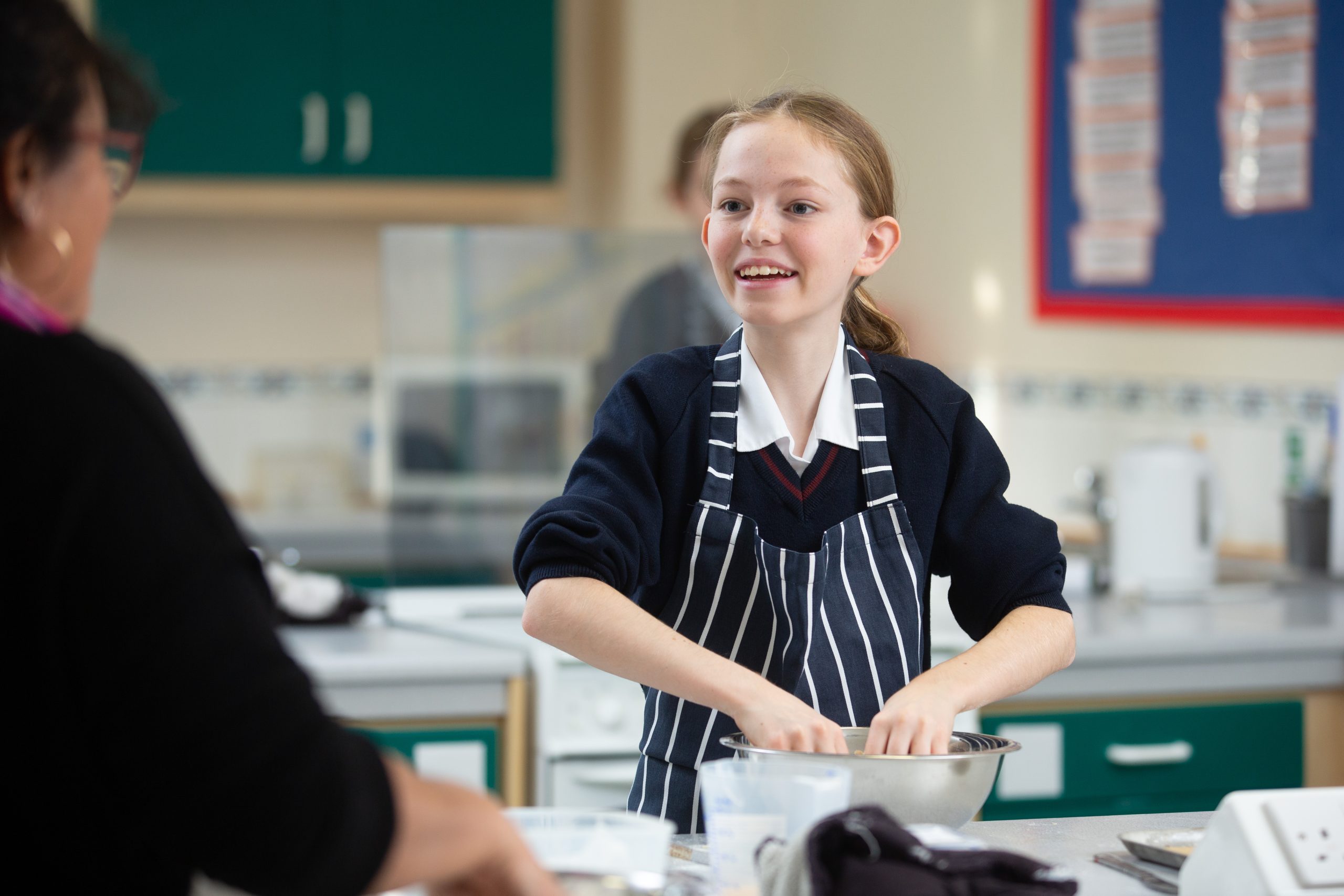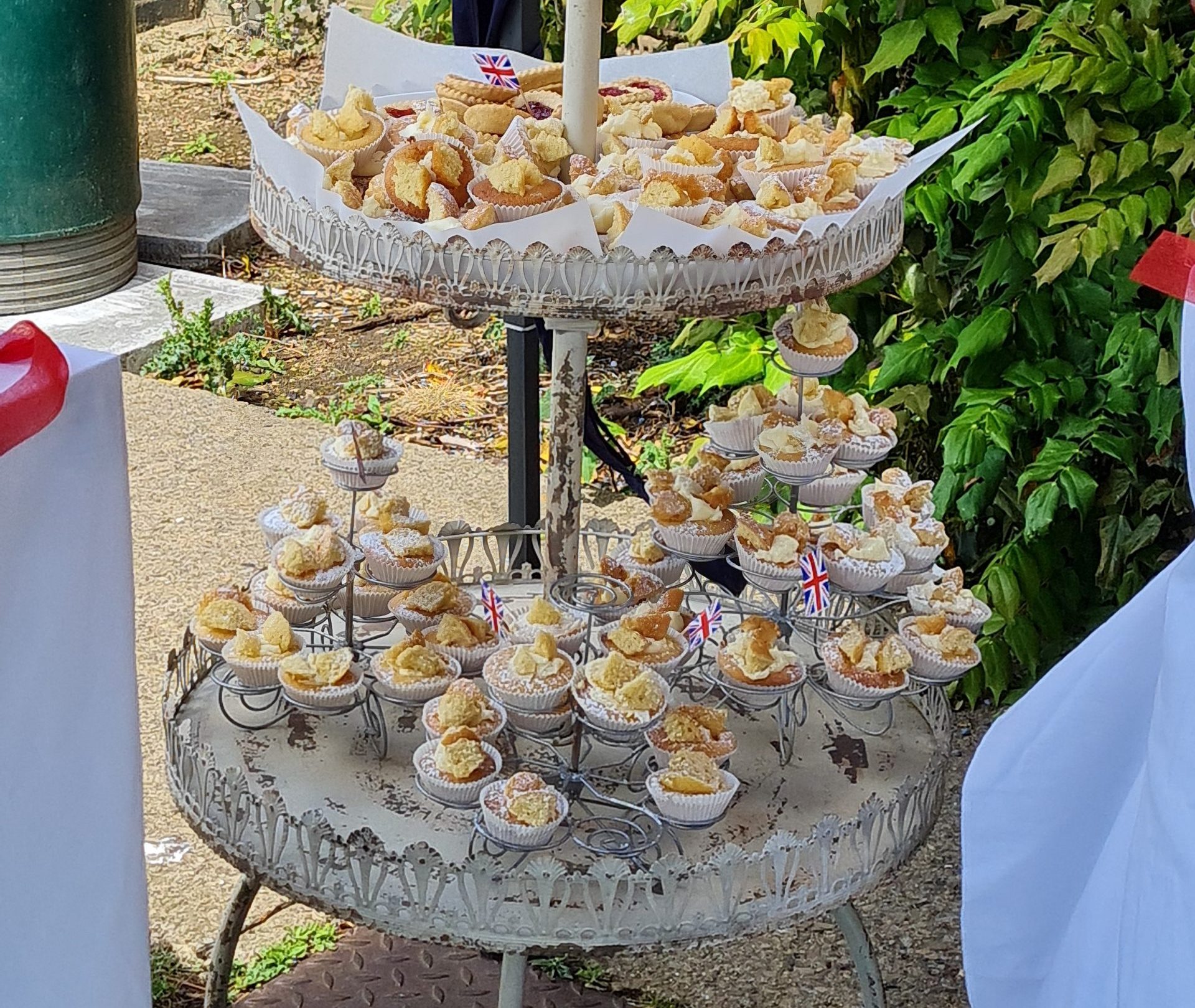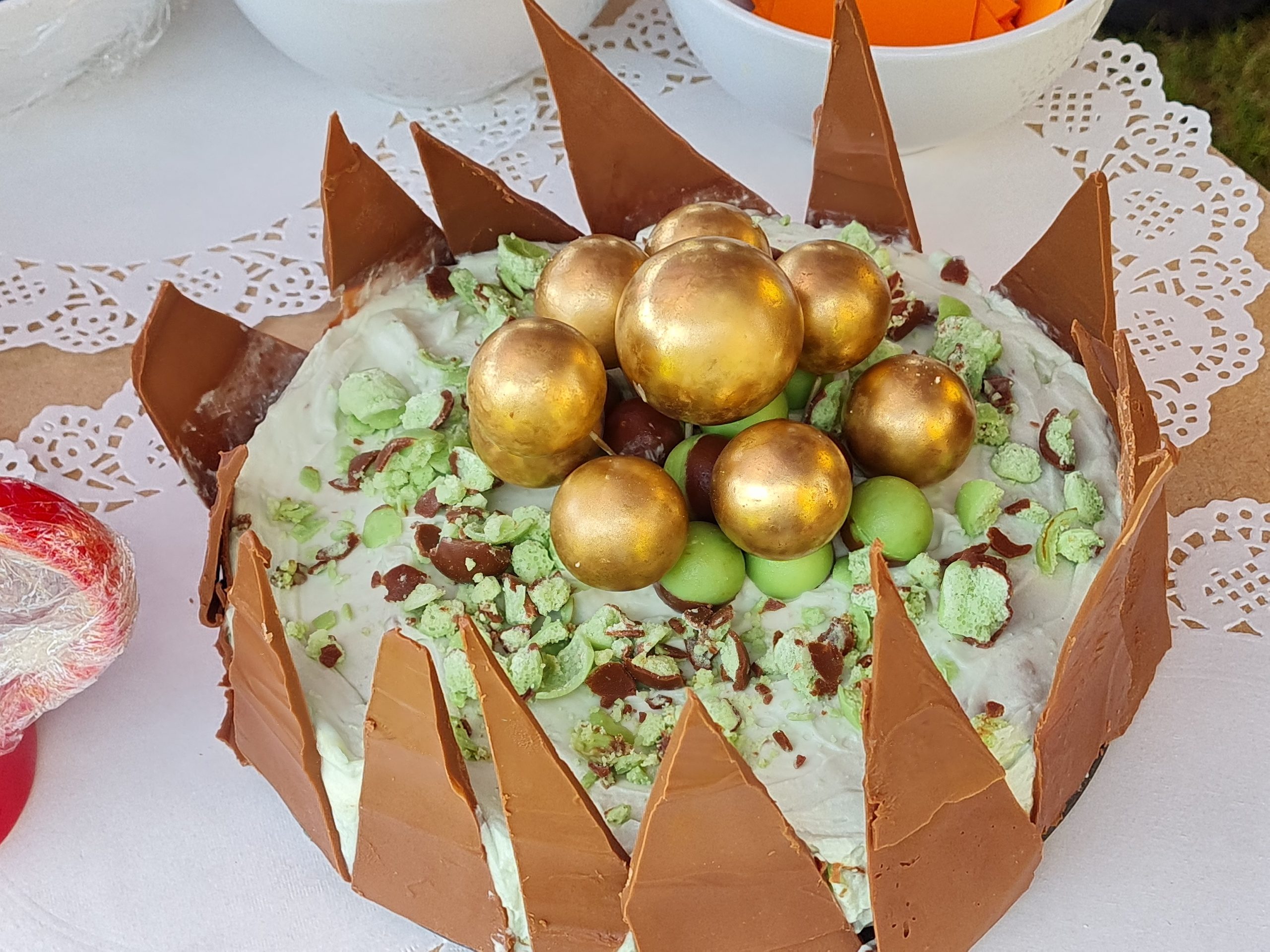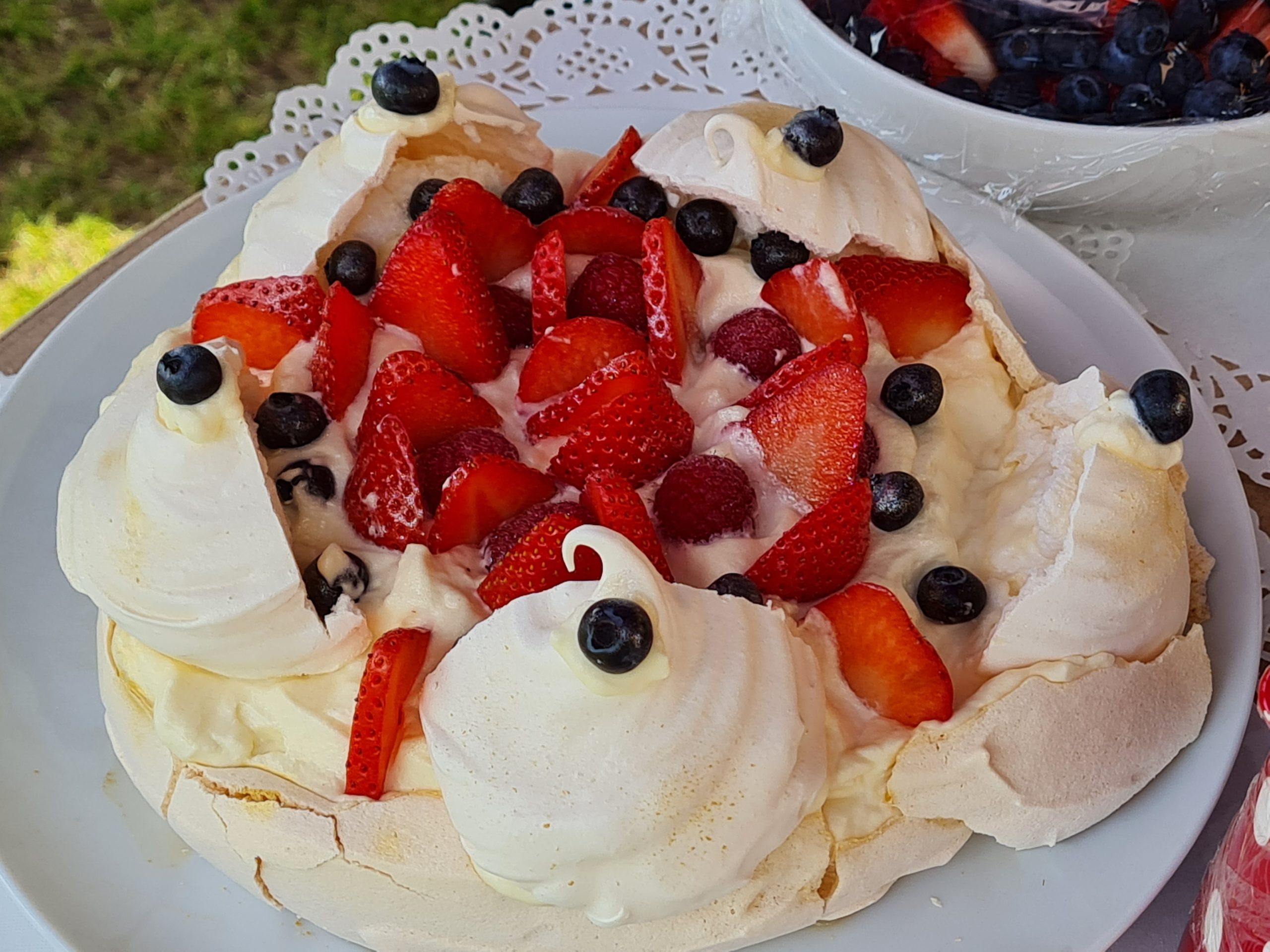
Overview of the Food curriculum at OLA
Food has become an extremely popular subject at OLA with pupils working in small classes throughout.
It is an enjoyable subject where pupils learn a range of different culinary skills and build knowledge and understanding on how to select foods for good nutrition and food safety.
The subject is taught by Ms Simpson who has a real passion for the subject and it offers opportunities for pupils to travel to experience food in other cultures.
Food at KS3
All pupils at KS3 have a recipe book of their own to use for preparing ingredients for lessons, following during lesson time, and practising in their own time.
In year 7 the pupils learn about preparing a range of basic dishes to develop skills, some dishes include; flapjacks, fruit crumble, vegetable soup, potato wedges and dip, savoury scones. In theory lessons pupil learn about food hygiene, nutrition, cooking methods, weighing, and measuring, and keywords. The emphasis is on always working safely in the Food room.
In year 8, armed with a good level of cooking skills, pupils prepare and cook a range of main meals including; pasta Bolognese, chicken curry, chicken chow mien. Through theory lessons pupils understand the different ingredients and nutritional requirements used to modify recipes to suit certain dietary requirements. Pupils learn about food sustainability and selecting ingredients based on this.
In year 9, pupils start the year learning about food safety and hygiene to an important level. They produce food dishes to test their knowledge through using a range of high-risk ingredients. Pupils start to understand the scientific properties of ingredients by exploring the making of different sauces. Pupils look at making several types of pastry and how ingredients differ between each. Pupils learn to work more independently and finish the year with an independent project focussing on summer celebrations.


Food GCSE
Pupils study AQA Food Preparation and Nutrition at GCSE. The course is 50% NEA assessment and 50% written exam
Year 10 sees pupils focus on the theory content of the course exploring; Nutrition, food provenance, food safety, food production and food science. Each week pupils prepare a dish that links to the theory focus whilst expanding their practical skills to GCSE level. Within Year 10 pupils complete practise NEA assessment work in preparation for Year 11.
Year 11 sees NEA begin. NEA 1 focussing on food science, pupils taking part in an independent investigation exploring function of ingredients and completing a 1500-2000 word write up. NEA 2 starts late in the autumn term, pupils are required to research, plan, and prepare three dishes based on a given preleased topic. The assessment takes place through a 3-hour practical exam and supporting written work. Once all NEA work is submitted pupils revisit theory from Year 10 and build on any gaps in knowledge in preparation for the summer exam. The exam is 1-hour 45 minutes in total consisting of a multiple choice and longer answer questions.

WJEC Level 3 Diploma in Food Science and Nutrition
I am delighted we offer this course to the 6th form, covering both year 12 and 13. We are the only school locally offering this course.
For this course students work much more independently and learn the science of food in far greater depth. Students study three units in total They have case studies and written exams all underpinned by a growing knowledge of nutrients’ characteristics, properties and structure, food safety and food science.
Practical work is of an extremely high level with dishes being prepared and cooked to restaurant standard. The course results in a Pass, Merit, Distinction or Distinction * and is recognised by a universities as an entry qualification.

